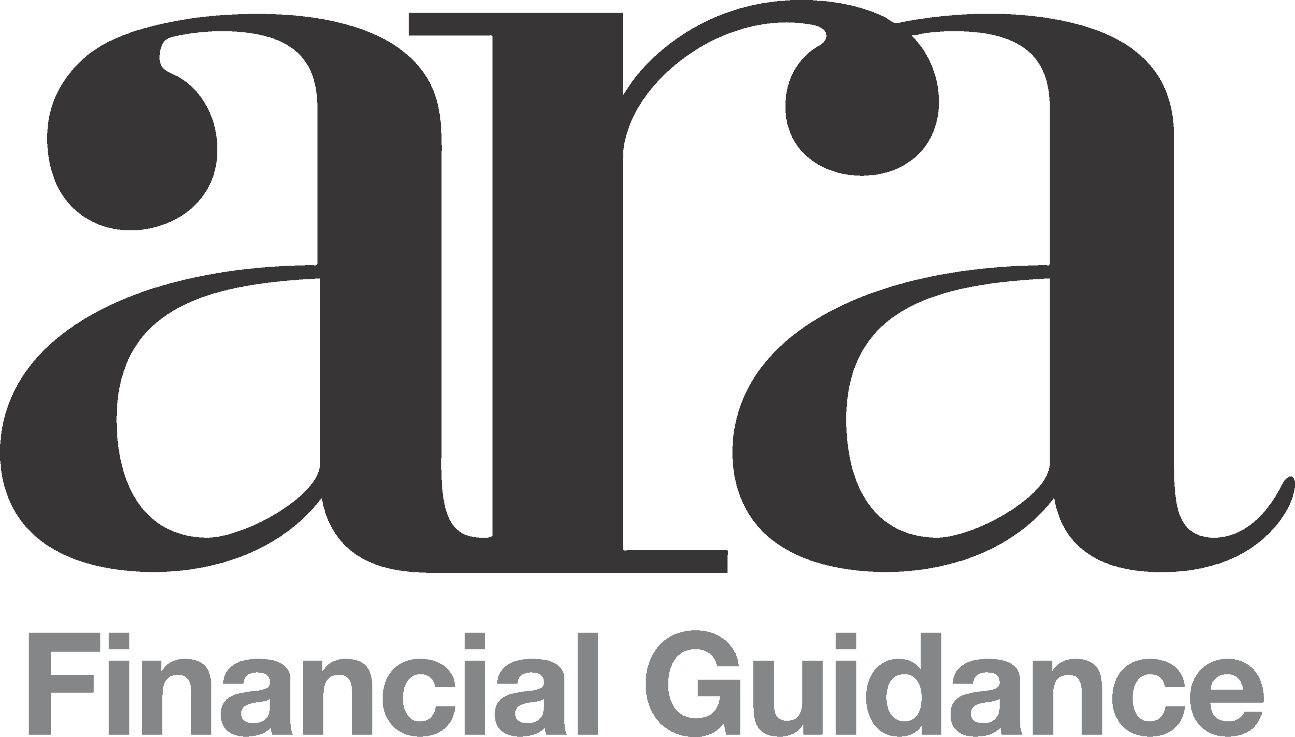Financial advice firms like ours are often told by gurus and management types that we should clearly spell out the dollar value of our advice to clients, as a way of justifying the cost.
And I get that. It doesn’t come cheap, and the cost is a potential barrier to many who could really use good advice. Comprehensive advice is a more complex process than it might seem, and is subject to strict – and costly – regulatory compliance measures designed for consumer protection.
But in thinking about the value of advice and reflecting on 35 years’ experience in the field, I’m more inclined towards pointing out the Cost of No Advice.
We see this all the time. Typically it takes the form of foregone benefits and opportunity costs borne by people – because nobody told them! Certainly not their super fund, that they might have been with for thirty years. While they might not be actual losses as such, these foregone benefits are felt in the form of things like a retirement lifestyle that is less than it could have been, retirement savings running out sooner than they should have, and avoidable financial stress.
Examples? A couple of common ones:
- Catch Up Contributions. A great example of ever-changing legislation creating opportunities. If you haven’t been making the maximum allowable tax-deductible super contributions since 2018 you could be eligible to make them up in one year and create a big tax deduction. You might even be in a position to use your existing super funds to do it.
- You see, there is one set of rules for putting money into super and another set for drawing it out. There is a window for retirees and near-retirees, up to age 75, where you can be doing both at the same time. This opens up a world of opportunity for tax concessions for both retirees and their beneficiaries that are rarely used properly.
- If you are eligible to draw a pension from your super fund, do it, whether you need the money or not. Pension payments are tax free if you’re over 60, but more importantly, the earnings of your fund also become tax free, rather than taxed at 15%. This can typically add between 0.5% to 1% per annum to your return without any additional risk. On a portfolio of $500,000, this adds up to $2,500 – $5,000 every year! Yet repeatedly we meet people not doing this.
- Centrelink benefits aren’t limited to the Age Pension. Commonly misunderstood benefits include Carer Allowances, Health Care Cards, the Pension Loan scheme and more. Plus there are legitimate strategies available to enhance entitlements, for example when there is an age gap between partners. At the risk of stating the obvious, any such assistance reduces the burden on your own funds.
- Investment strategy. The natural tendency for retirees is to invest conservatively. This is risk avoidance rather than risk management. There is a difference. We have written extensively on this in our Retirement Hub, but suffice to say, a small change can make a big difference. For example, it seems reasonable that to target a 5% pa return instead of 4.5% can be done with little or no increase in risk. For a 67-year old retiree drawing $60,000 per year, indexed to inflation, that small change adds around $60,000 in today’s dollars to the retiree’s balance 25 years hence. Which translates to a longer, better retirement.
These are just a few of the common things people miss out on, because no-one told them! At ARA we use a checklist of over 50 planning items that we run through for every retiree, before we get onto the individual differences that make up people’s unique circumstances. This is to combat the Cost of No Advice. And if we can’t satisfy a client that the advice will justify the fee, there is no charge.
That ought to do it.





